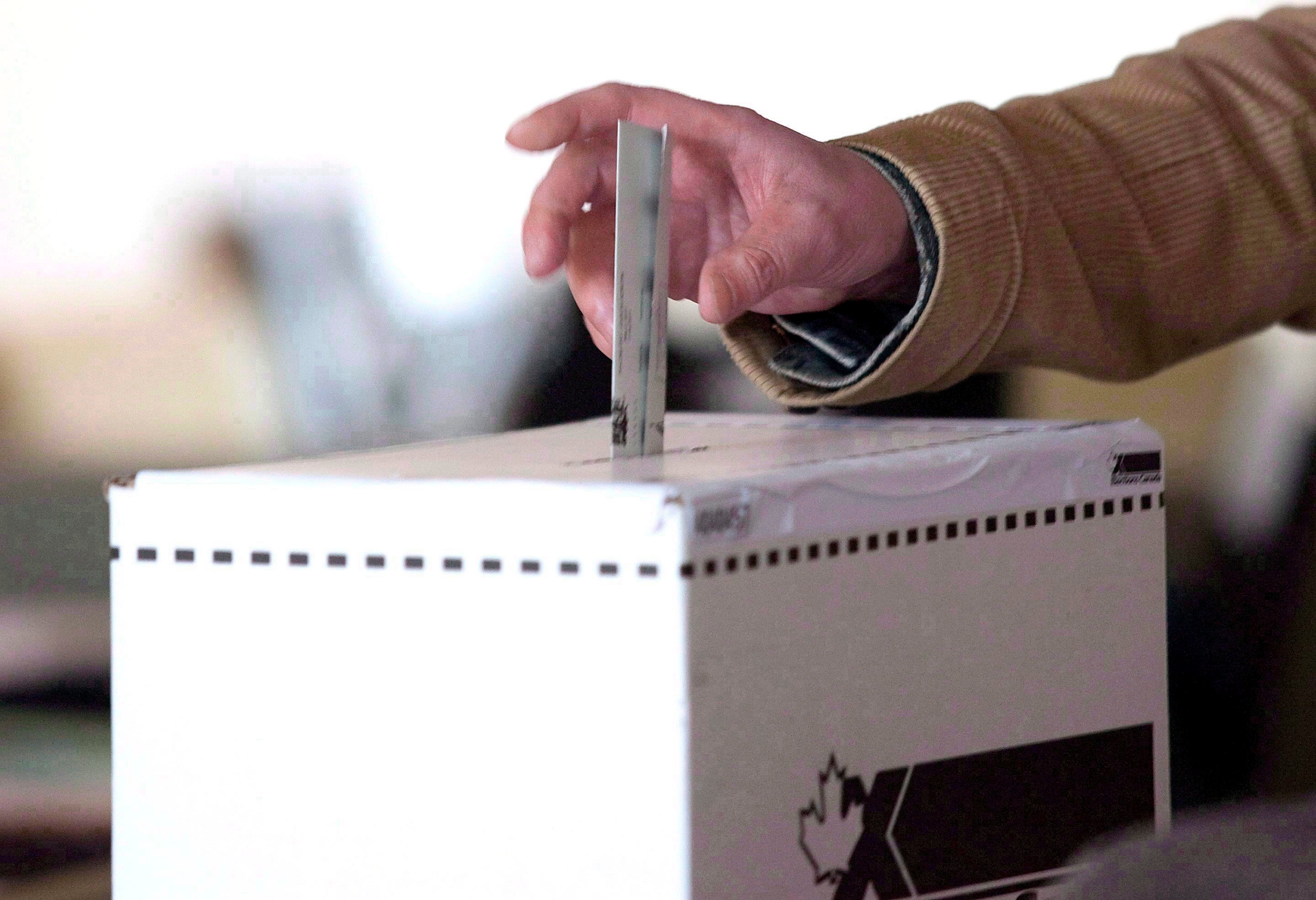Sep 11, 2019
Bay Street sees these global risks overshadowing Canada's election
, BNN Bloomberg
Economic malaise looms large ahead of federal election
Canadians are heading to the polls next month in what’s expected to be a fiery election campaign in the wake of the scandal surrounding SNC-Lavalin Group Inc. and controversy over the Trans Mountain pipeline expansion.
But some experts say the election outcome poses little risk to financial markets as concerns about the China-U.S. trade dispute take the spotlight.
“What happens to our federal elections will matter much less to any Canadian stock market, bond market, or currency than what happens to global oil, to the U.S.-China development, or whether or not the U.S. falls into a recession,” Frances Donald, chief economist at Manulife Investment Management Ltd., told BNN Bloomberg in a recent television interview.
“I would actually argue that the U.S. election will have a much bigger impact on Canadian assets.”
Toronto-based investment advisor Allan Small echoed Donald’s sentiment, noting that while personal tax rates and a pro-business agenda will likely remain important to investors, trade has emerged as a “huge factor” with regard to investment decisions.
“Overall, the election in the U.S. and the trade war between the U.S. and China – with respect to the job I do every day managing money – far outweighs the election here in our country,” said Small, senior investment advisor at HollisWealth’s Allan Small Financial Group, in a phone interview.
“The stock market here tends to move more so along what happens outside of our borders than inside.”
- Trudeau faces tight race as he prepares election call Wednesday
- 2019 federal election platform tracker: Where the major parties stand so far
- 2020 U.S. election the biggest risk to equity markets: Newhaven Asset Management
RELATED
Global trade concerns have taken a toll on markets in recent months as tensions mount between the world’s two largest economies. However, investors breathed a sigh of relief last week after the U.S. and China laid the groundwork for high-level talks in early October.
While trade, the economy, and pipelines are expected to be at the forefront of investors’ minds during next month’s election in Canada, BMO Financial Group’s chief economist says there will be limited market impact, no matter the outcome.
“The gap in economic and fiscal policies between the major Canadian political parties is unlikely to be as wide as between parties in other major economies like the U.S.,” Doug Porter said in an email.
“This suggests that there's limited potential for the election outcome to have an outsized financial market impact.”
Porter added, however, uncertainty around who might win could have a short-term negative impact on the Canadian dollar.
“In the case of a minority government result, increased political uncertainty could have a temporary negative impact on the currency,” he said. “Though the rates market likely wouldn't move much.”

A June poll suggested Prime Minister Justin Trudeau and Conservative rival Andrew Scheer were neck-in-neck as the preferred manager of Canada’s economy. While the election was was officially called on Wednesday, neither party has released an official platform – adding to the uncertainty around how policies might be received by investors.
“Because the race does appear to be a tight one, with uncertain outcomes, we could still see a bit of volatility – especially in the exchange rate – in the lead-up to the vote,” Porter said.
Small added economic data that provides a reading on the health of the country’s economy, such as GDP figures or jobs reports, have a greater impact on the Canadian dollar than any election outcome.
Ryan Bushell, president of Toronto investment management firm Newhaven Asset Management, believes the Liberals will win their bid to remain in power – and that outcome won’t move markets significantly, he says.
“The Conservatives have a lot of work to do if they want to win a majority, in my opinion,” he said in a television interview this week. “So I don’t think there’s going to be a lot of difference for the Canadian market on the Canadian election.”
Instead, Bushell believes the U.S. election in 2020 will be a “huge potential issue for markets” given how far apart the parties are on their policies.
“I think we’re more likely to get sideswiped by either that issue or the trade issue than to have a domestic move on the federal election here in Canada,” he said.
HAVE YOUR SAY










